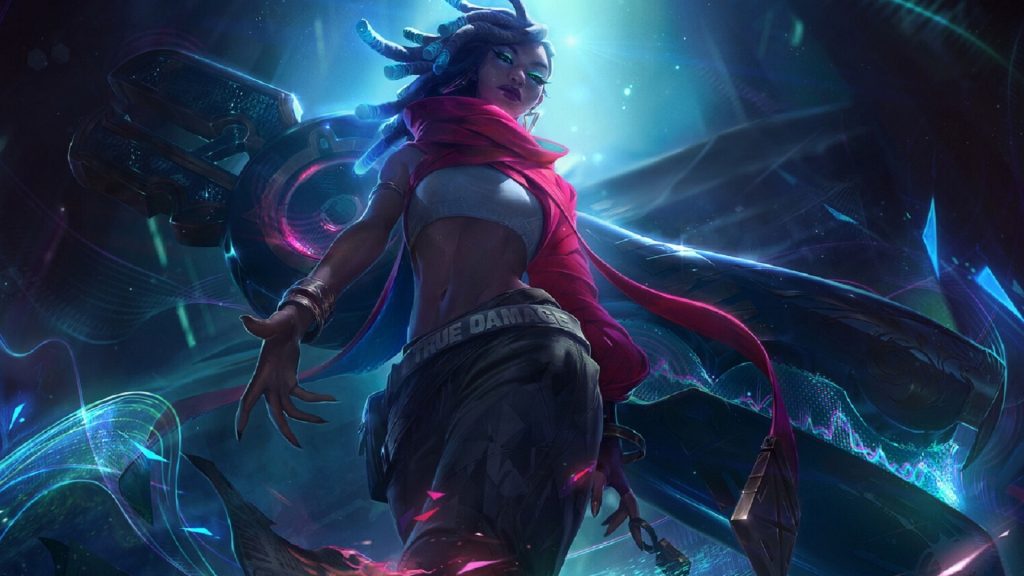The world of gaming is in the midst of a revolution, and it is not just about graphics or gameplay mechanics. The rise of automation, powered by advanced artificial intelligence, is reshaping strategies and gameplay dynamics in popular titles like League of Legends LoL. In a landscape where split-second decisions and flawless execution determine victory, the integration of automation is altering the way players approach the game. Automation in LoL is not about replacing players, but rather augmenting their capabilities. From micro-level tasks like last-hitting minions to macro-level decisions regarding map control and objective prioritization, AI-driven scripts are becoming essential tools for both amateur and professional players. This paradigm shift is giving birth to a new breed of players who can focus more on higher-level strategies and creativity.
One of the most evident impacts of automation is in resource management. In the past, efficient last-hitting required immense practice and focus, but AI-driven scripts can now handle this task with surgical precision. This enables players to allocate mental resources to analyzing opponents, predicting movements, and devising intricate tactics. Consequently, matches are evolving into more intense battles of wits and adaptability. Moreover, automated assistance is drastically changing the way teams strategize around map objectives. AI algorithms can process an immense amount of data in real-time, suggesting optimal strategies for securing objectives like Dragon and Baron. This means teams can adapt their plans on the fly, enhancing their flexibility and responsiveness. No longer burdened with routine decisions, players can focus on refining their coordination and teamwork.

However, the scripted revolution also presents challenges league script. Striking a balance between AI-augmented gameplay and the preservation of human skill is crucial. A game that relies too heavily on automation risks losing the personal touch and emotional investment that draws players in. Developers must carefully consider how much agency they cede to AI to ensure the essence of competition remains intact. The integration of automation has profound implications for esports. Professional players are no longer defined solely by mechanical prowess but by their adaptability, creativity, and strategic thinking. Esports organizations are recognizing the need to nurture a new generation of hybrid players who can harness the power of AI while retaining the essence of human decision-making. In conclusion, the scripted revolution in LoL strategy marks a significant turning point in the gaming world. Automation is not erasing the need for player skill, but rather redefining it. The melding of human intuition and AI precision is producing a gameplay experience that is both thrilling and intellectually stimulating. As this revolution continues to unfold, it will be fascinating to witness how players and developers navigate this uncharted territory and shape the future of competitive gaming.

